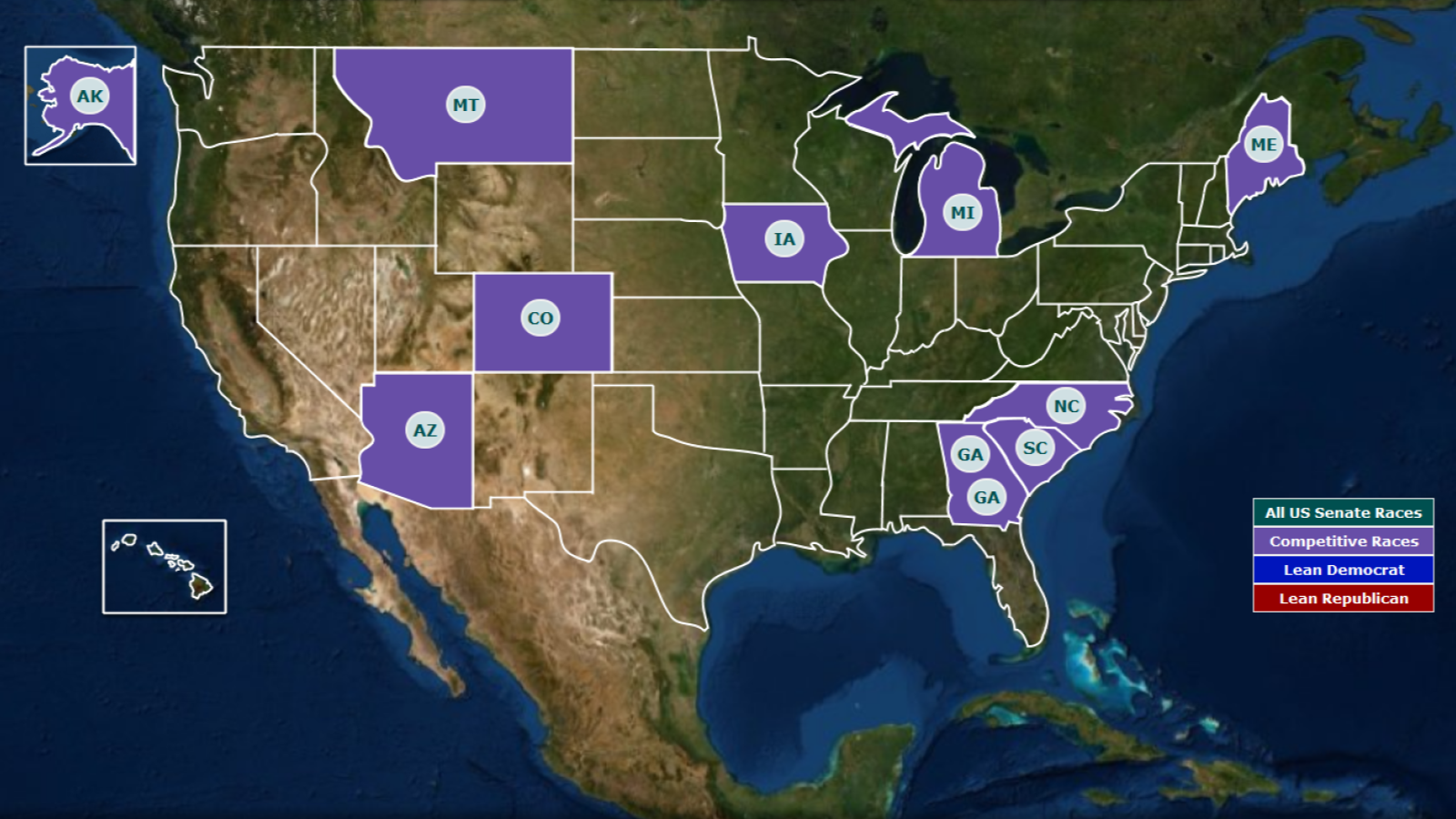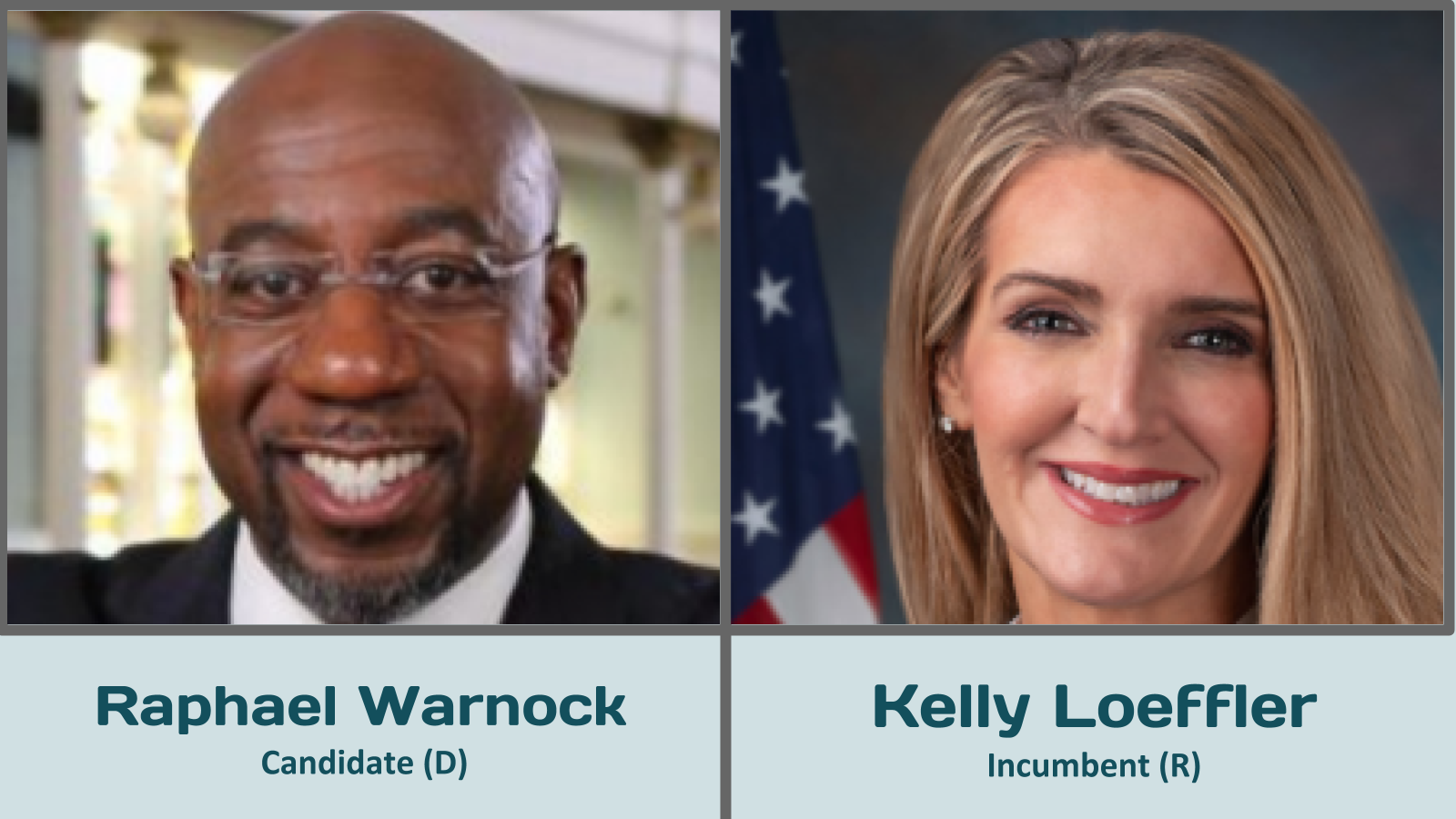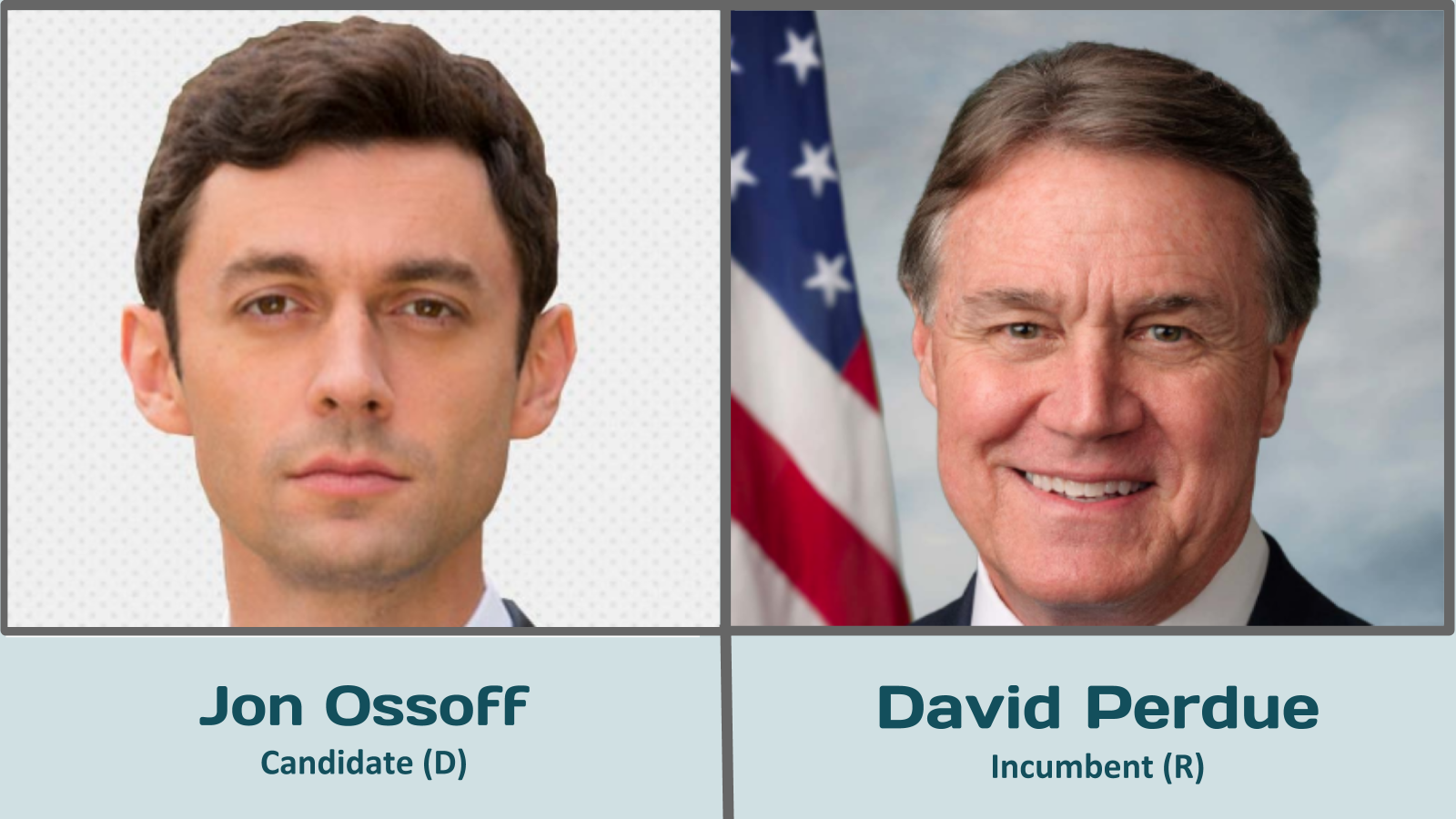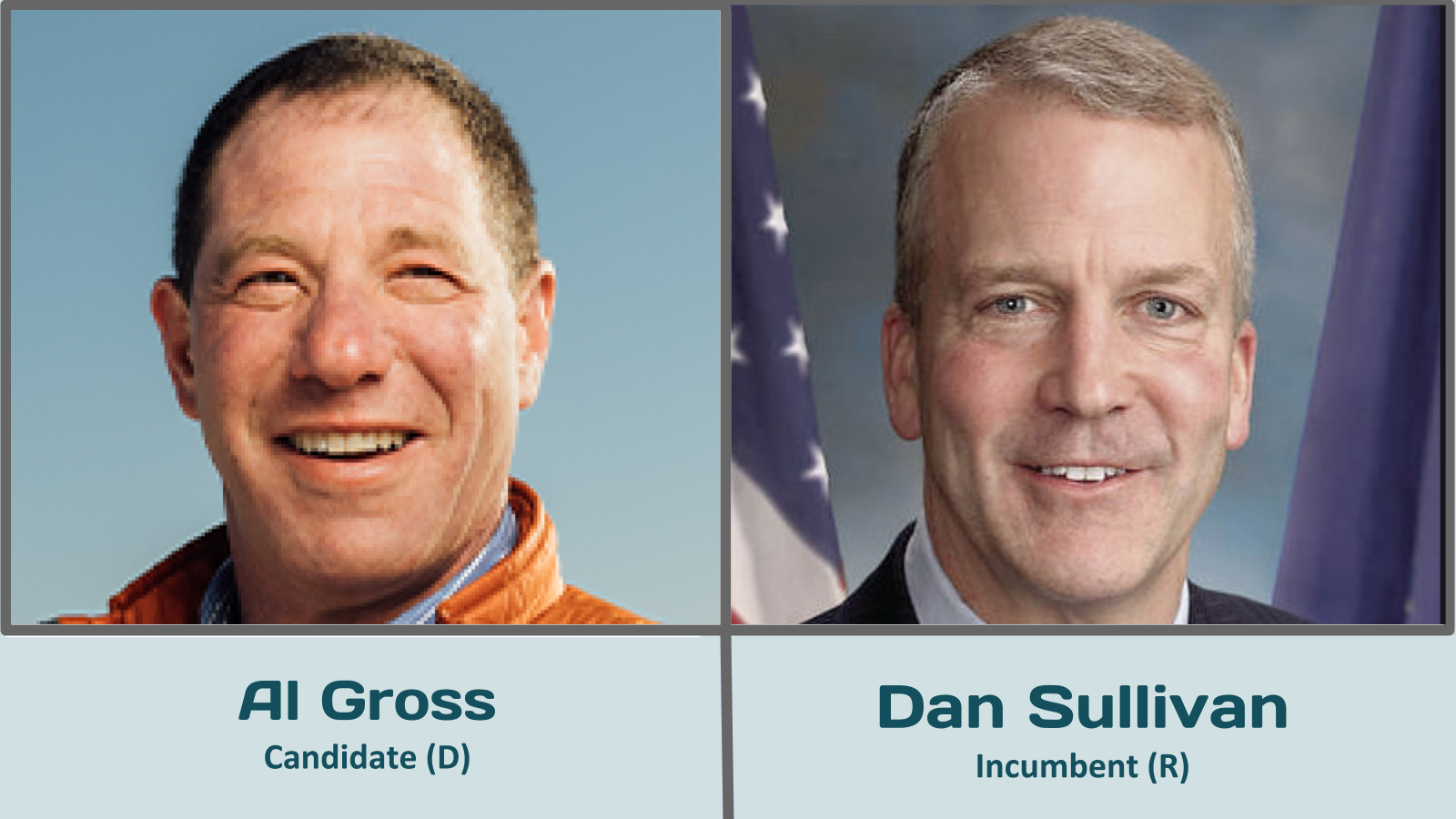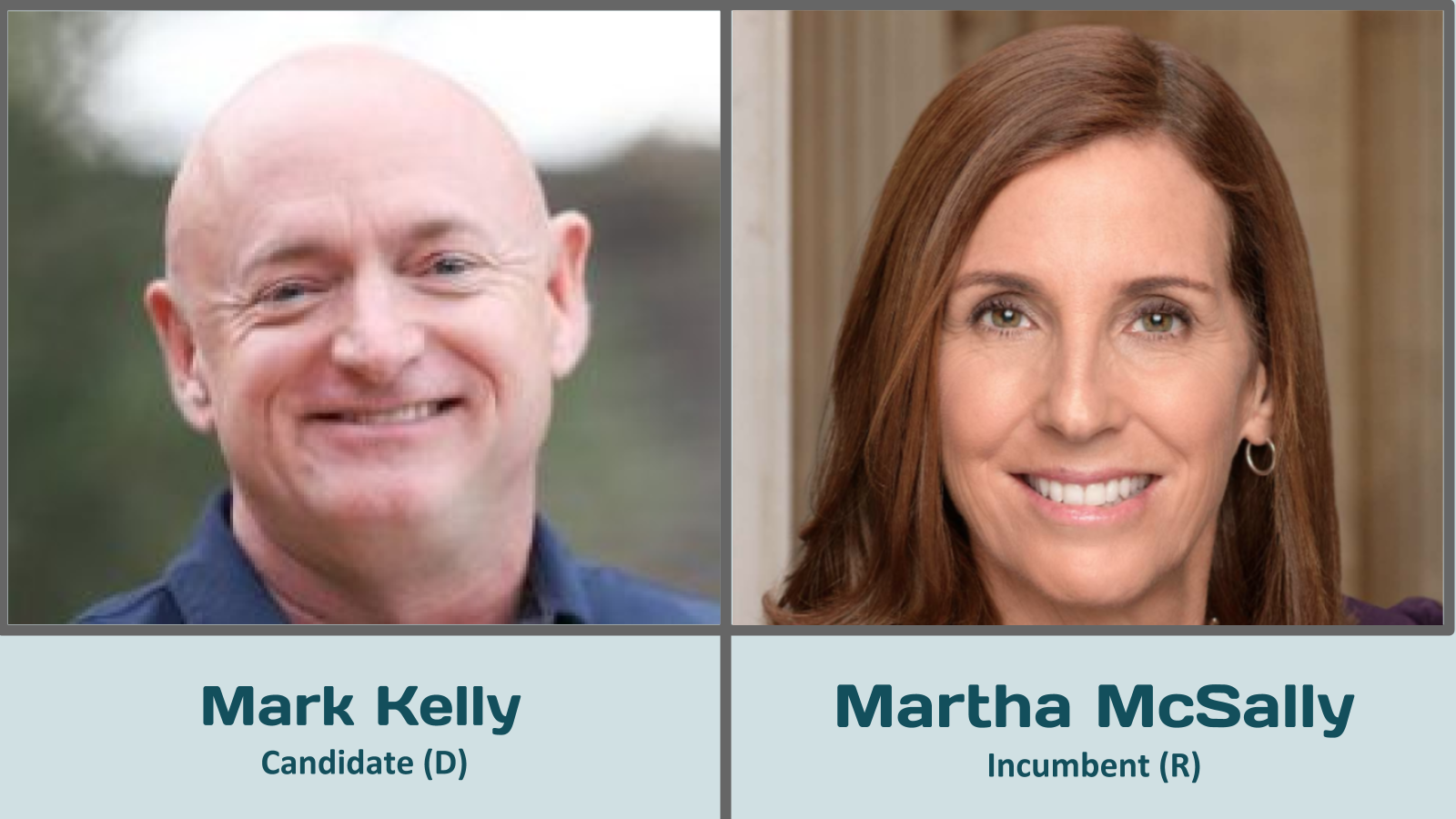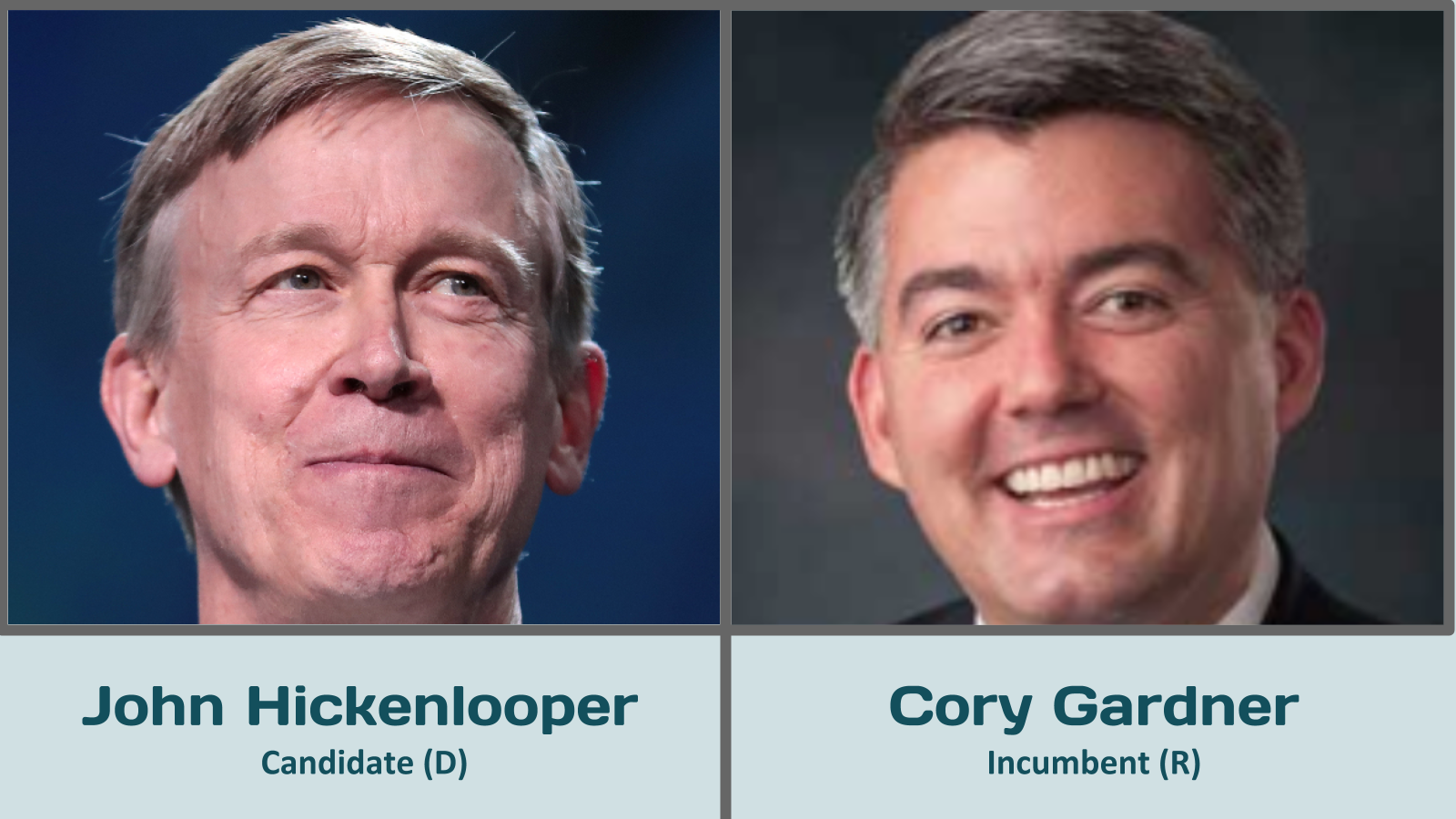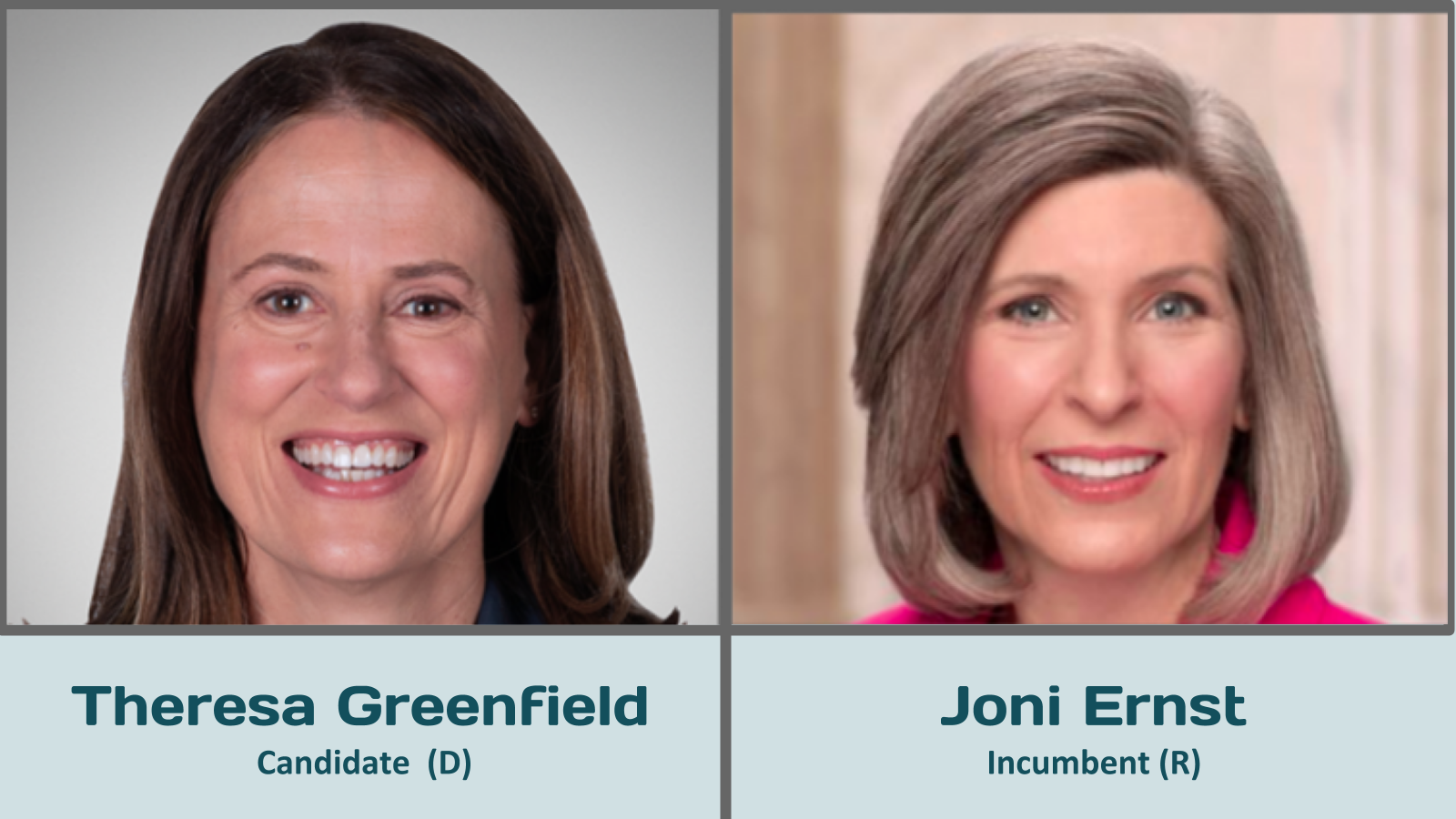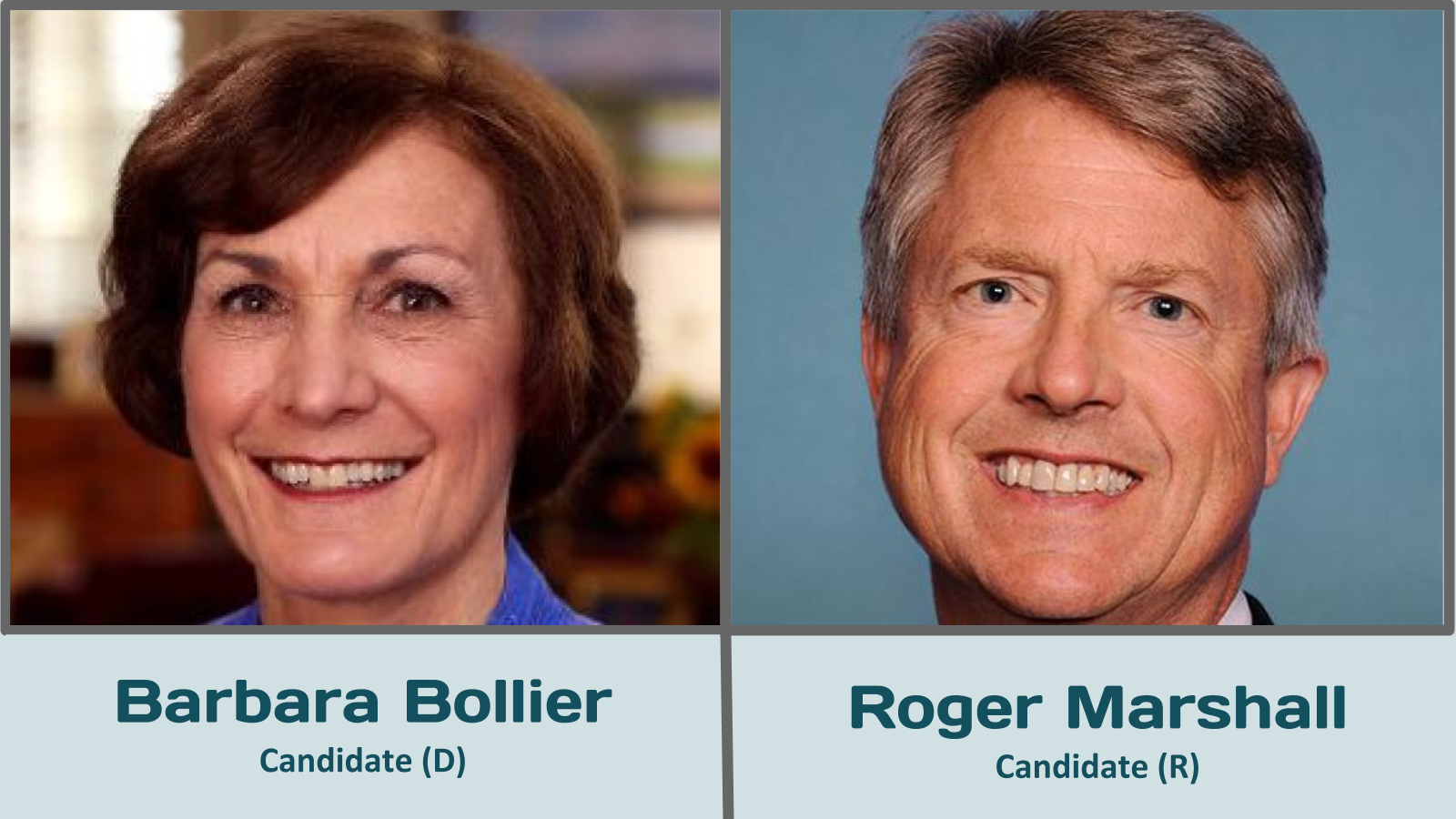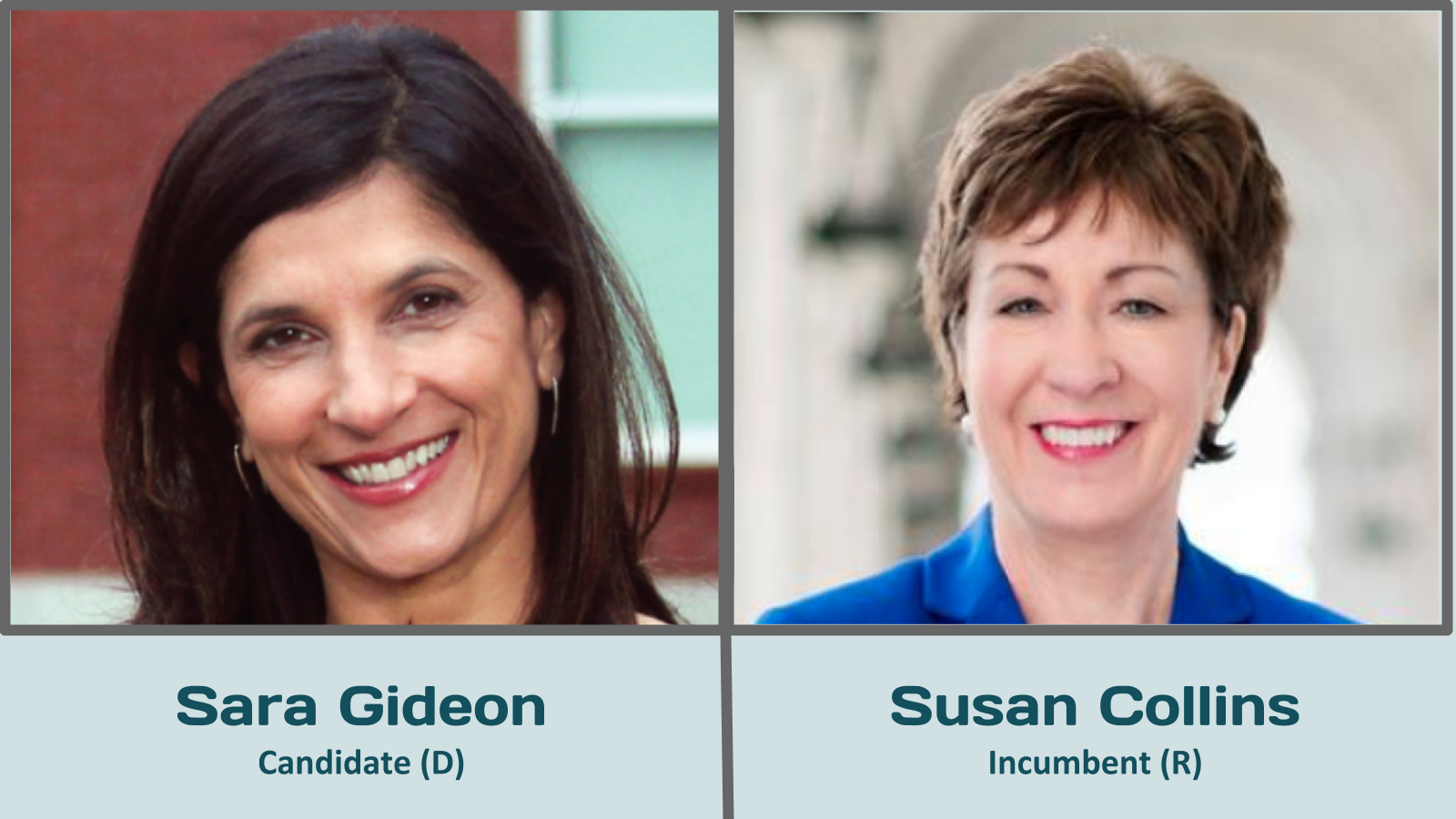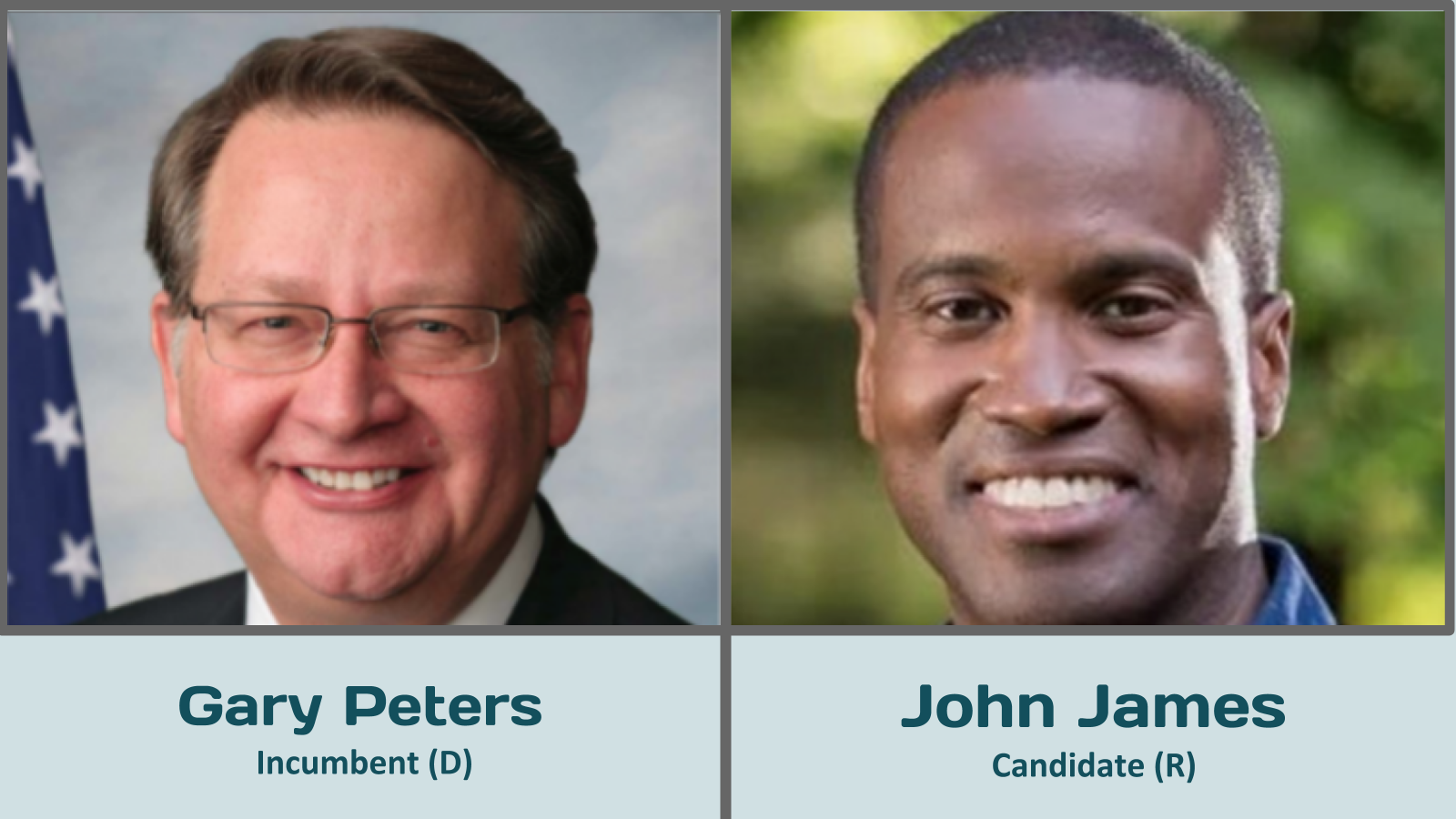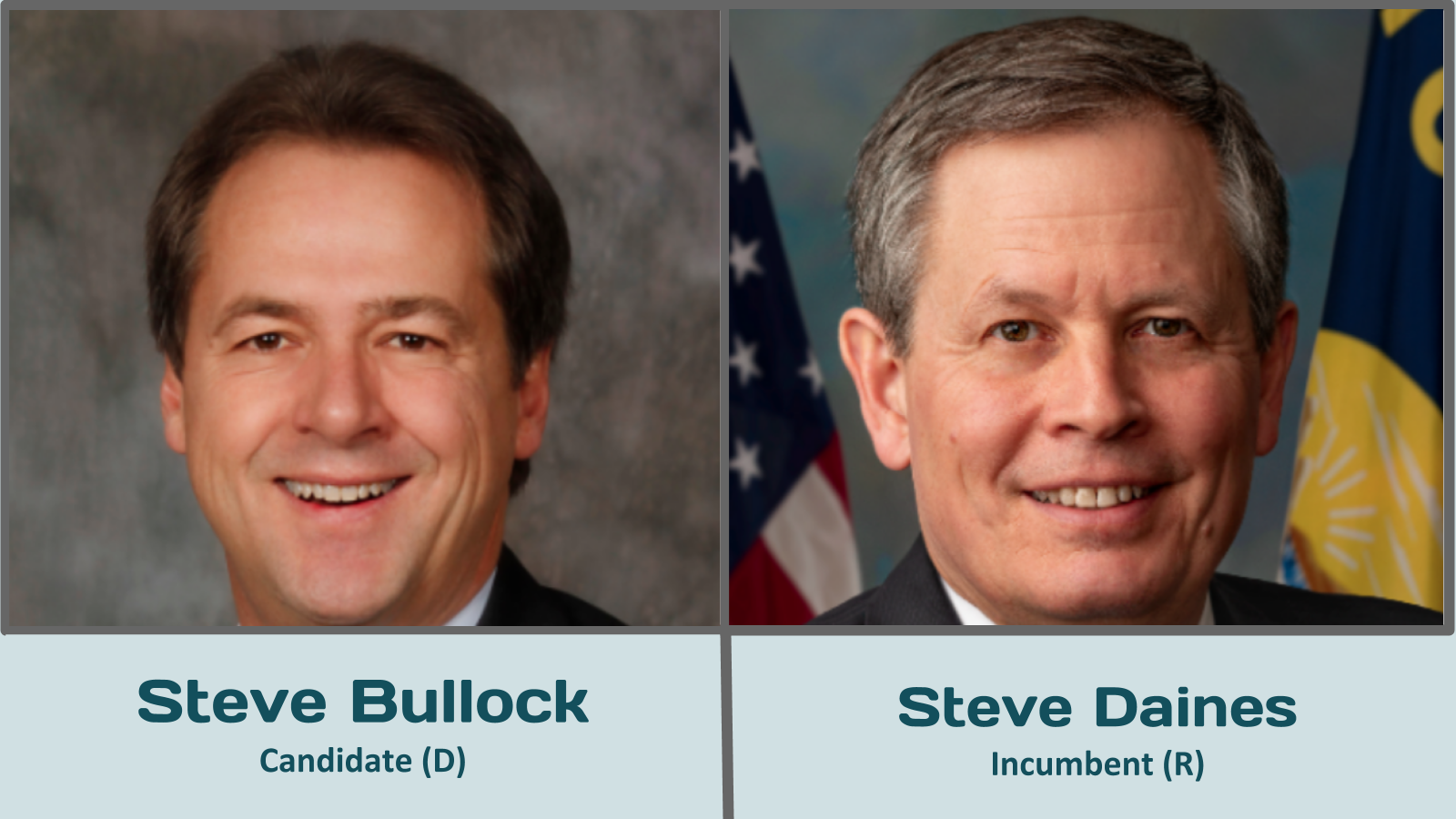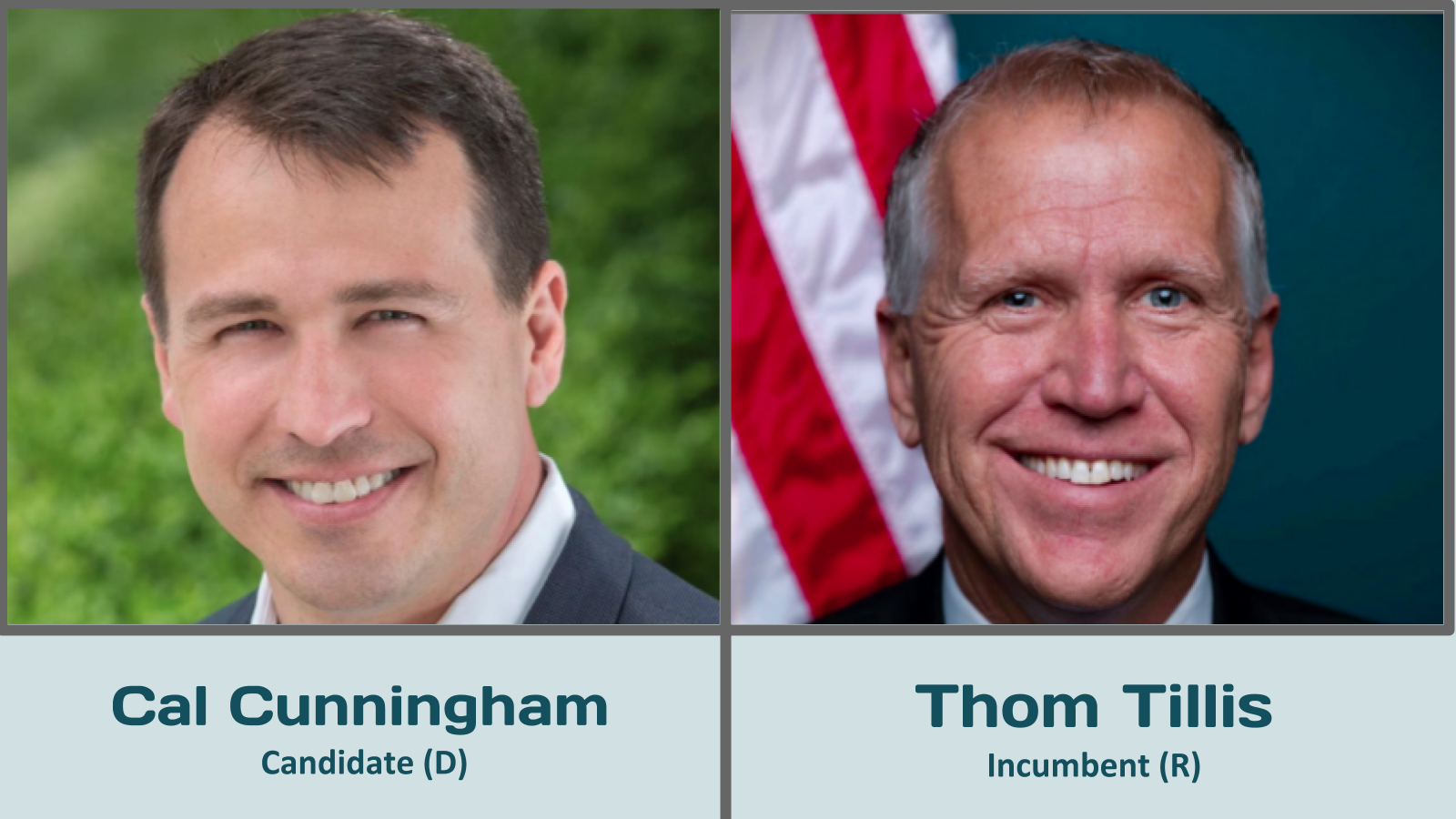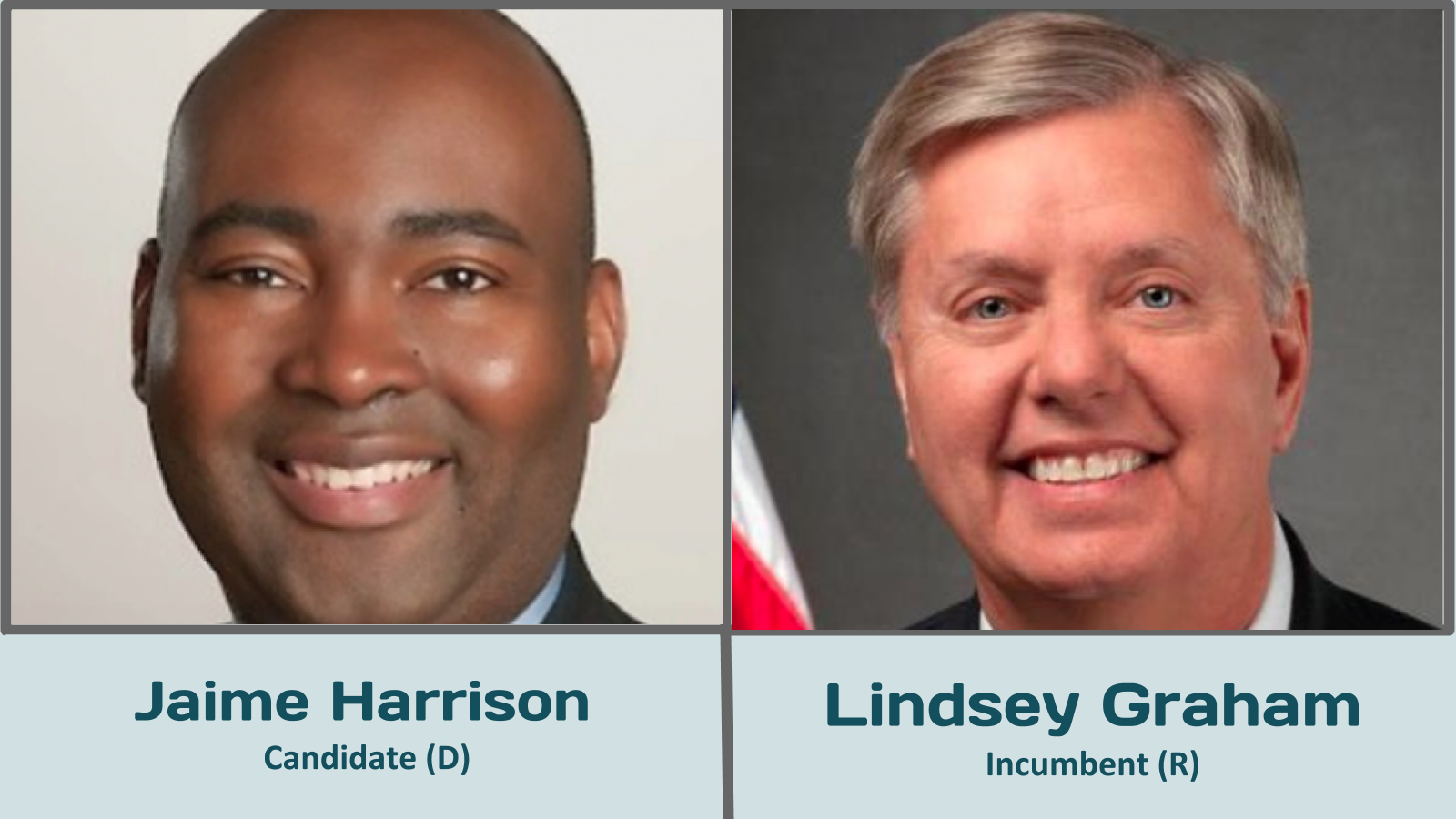> The US onAir network is currently focusing on the 35 US Senate elections this year, particularly the competitive races. The selection of the states shown in the feature image are based on polls with a +/- difference of 5% or less.
> After the federal and state elections are concluded, this US onAir Hub and the 50 state hubs in the US onAir network will focus on governance.
> To view all the the competitive races, select the feature image or the post title above. To view specific races by region, toggle the post navigation (the three dots beside the post title).
OnAir Post: Competitive 2020 Senate Races
